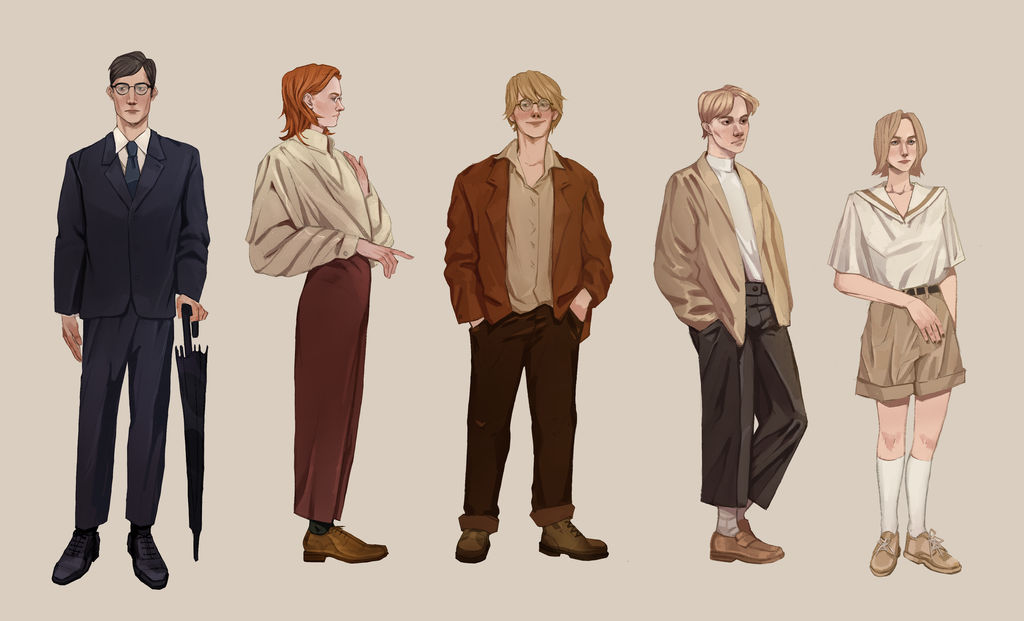
FAQ About The Secret History

How does the concept of fate or destiny play a role in the characters' lives in "The Secret History"?
The concept of fate or destiny plays a significant role in the lives of the characters in "The Secret History" by Donna Tartt. It is woven into the narrative in various ways, influencing their actions, decisions, and the overall trajectory of the story. Here's how fate and destiny are portrayed in the novel:
- Tragic Irony: From the beginning, the novel is framed by a sense of tragic irony. The prologue reveals that one of the characters is dead and that the others are responsible for his death. This creates a sense of destiny or inevitability, as the reader is aware of a tragic outcome even before the story unfolds.
- Echoes of Greek Tragedy: The novel draws heavily from Greek tragedy, where fate often plays a central role. The characters' lives mirror the themes of hubris (excessive pride) and nemesis (divine retribution) found in Greek tragedies, suggesting that their actions are fated to lead to their downfall.
- Moral Predestination: The characters' descent into moral ambiguity and their willingness to cross ethical boundaries is depicted as a form of predestination. Their pursuit of an idealized life, inspired by ancient Greece, seems preordained, as they are unable to resist the allure of their own desires.
- Julian Morrow's Teachings: Julian Morrow, the classics professor, serves as a guiding influence on the characters. His mentorship encourages them to question conventional morality and to believe in their own destiny as exceptional individuals who can transcend societal norms.
- Repeated Patterns: The novel explores the idea that history repeats itself. The characters' actions echo the patterns of ancient tragedies, where characters are fated to meet their doom due to their own flaws and choices.
- Unavoidable Consequences: As the characters become increasingly entangled in a web of deception and moral transgressions, it becomes clear that they are headed toward an inevitable confrontation with the consequences of their actions. Their choices have set them on a path they cannot escape.
- Symbolism and Foreshadowing: Symbolism and foreshadowing are used to reinforce the sense of fate. Symbols like the nest of wasps and references to Greek mythology serve as omens, hinting at the characters' destiny and the tragic events to come.
- Individual Fatal Flaws: Each character has their own fatal flaw or weakness that contributes to their downfall. These flaws are woven into the narrative as part of their individual destinies.
